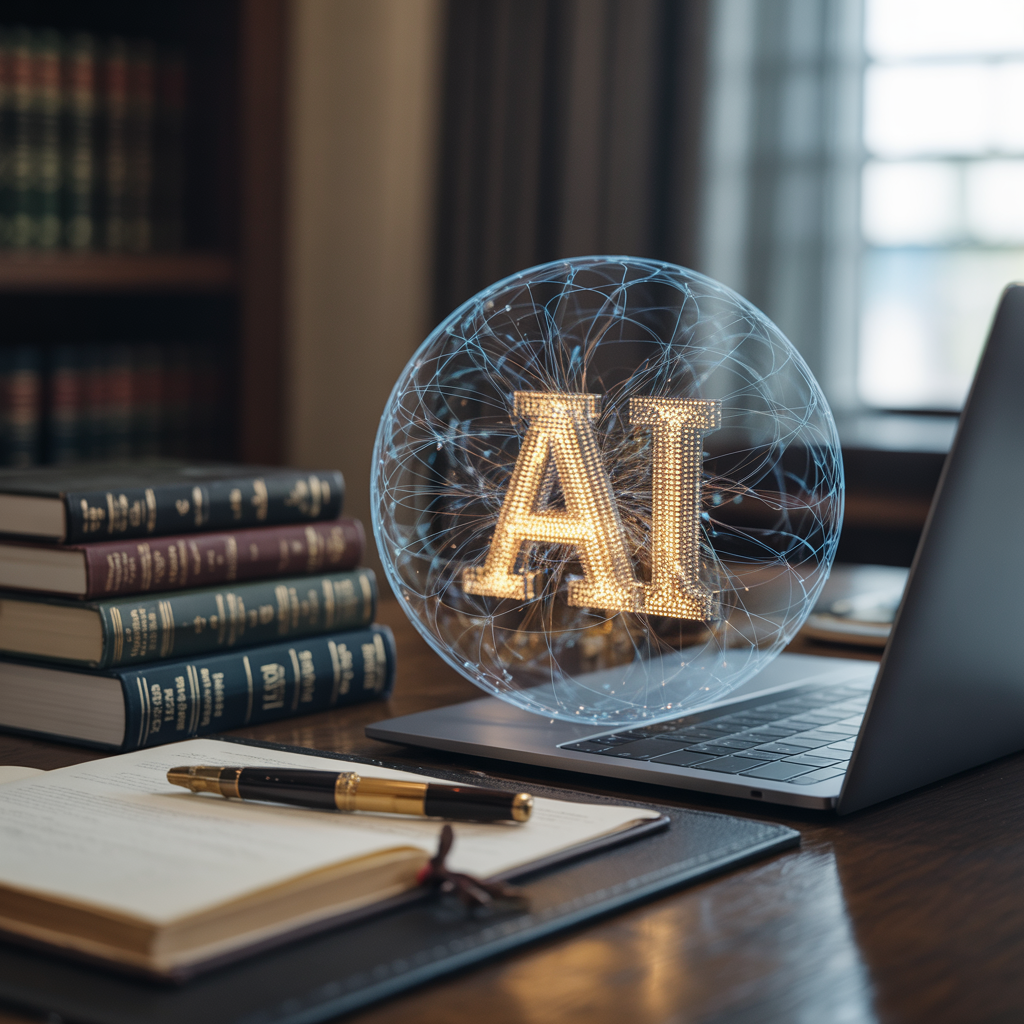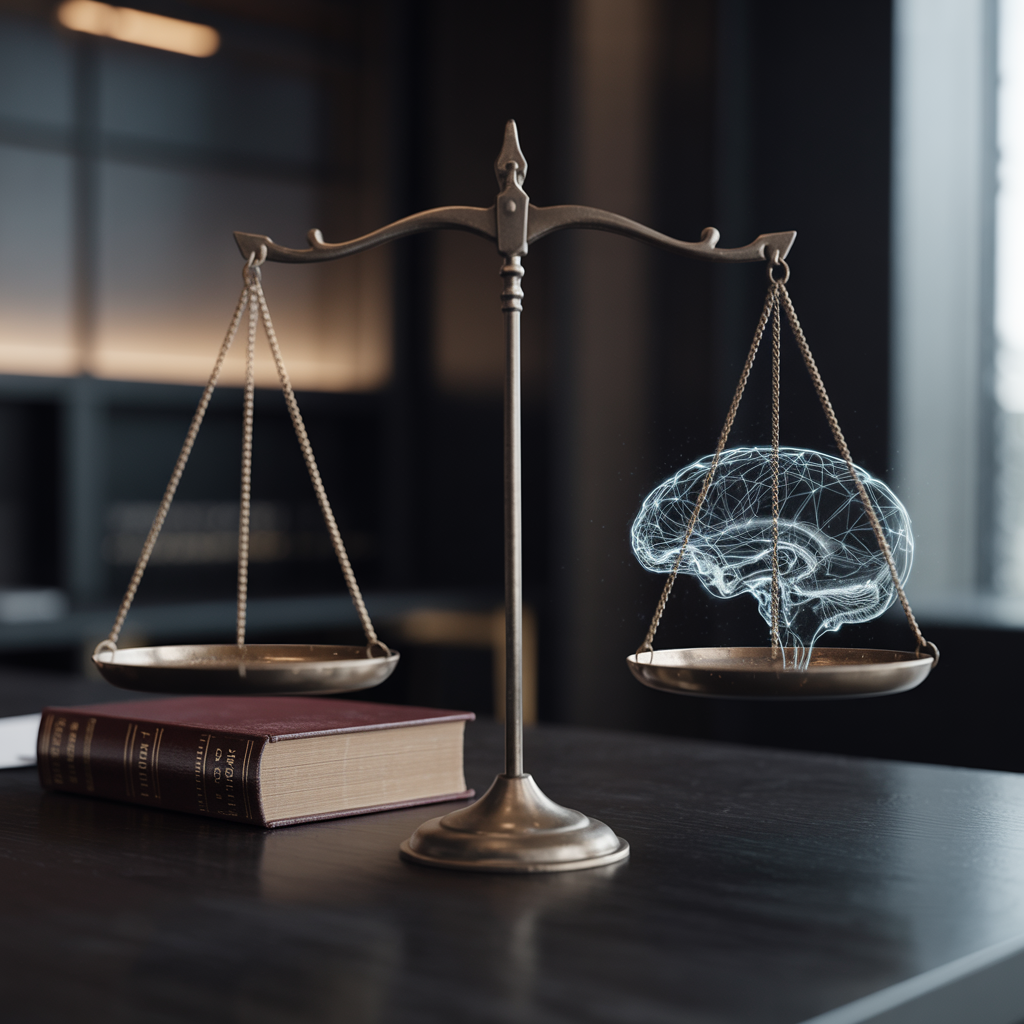Table of Contents
ToggleHow AI is reshaping the corporate legal landscape
The integration of AI in legal operations is a growing trend that poses real challenges for business leaders. The combination of AI, legal services and ethics has become a strategic priority, especially after the entry into force of the European Artificial Intelligence Regulation (AI Act) in February 2025.
This regulation sets strict rules for high-risk systems, such as those used for automated decision-making with legal or financial impact. Failure to comply can lead to fines of up to €35 million, making it imperative for legal and compliance departments to adapt.
The central problem is clear: how to adopt AI without putting the legal liability and ethical integrity of the organization at risk?
Successful companies are redesigning their legal strategies around four pillars:
- Implementing AI in Law Firms with a focus on continuous human supervision.
- Definition of internal standards for the use of tools such as document automation, contractual verification and risk prevention.
- Continuous legal training in data protection (GDPR) and digital security.
- Creating hybrid teams between lawyers and technology experts to ensure real-time compliance (real time compliance).
Responsible use of AI can bring real benefits: speed in legal analysis, better financial management, automation of human resources processes and improvements in customer experience.
However, it is often overlooked that the use of these tools implies rethinking the legal framework and supervisory obligations. The AI, legal services and ethics are not incompatible — but they require planning, digital literacy and human accountability.
This new scenario places business leaders before critical decisions about which tools to use and with what guarantees of legal integrity, anticipating the practical and regulatory evolution that follows.
Implementing AI in Legal Departments: Tools, Functions, and Operational Limits

Navigating the Complexities of AI in Law
In the implementation of AI in law firms, we identified a pertinent problem: the difficulty in balancing technological innovation with legal and ethical limits. The enthusiasm for automation and efficiency can clash with compliance standards, especially in the face of AI Act.
To address this challenge, successful companies are taking strategic approaches. First, it is essential that organizations ensure human oversight at all stages of using AI business tools AIThis includes everything from preparing documents to risk analysis.
Secondly, the implementation of AI tools in the legal context must be done by an interdisciplinary team. Lawyers work side by side with technology experts to ensure safe and effective implementation. This joint commitment allows each system to each AI respect all regulations and maintain professional integrity.
Third, adapting internal standards is a crucial step. Creating specific policies for the use of AI in legal activities helps maintain compliance with the GPDR and other data protection standards. These policies should include guidelines for the review and supervision of outputs generated by data protection systems. AI.
Finally, ongoing training of staff is vital. Digital literacy and an understanding of emerging regulations are essential for legal teams to remain competitive and secure.
Moving to the next level involves ensuring that these good practices are accompanied by ongoing reflection on the ethics and responsibility in the use of these technologies, ensuring that innovation does not compromise fundamental rights.
Ethics and responsibility in the legal use of Artificial Intelligence: essential safeguards

Legal liability and automated decisions: where to draw the line
The use of implementation of AI in law firms has brought undeniable advantages. However, the increasing use of algorithms in legal contexts raises legitimate questions about ethical and legal limits. When a decision is made with the support of artificial intelligence, who is responsible for it?
This is a central issue in the relationship between AI, legal services and professional responsibility. Generative AI tools can draft contracts or opinions in minutes, but they are no substitute for a lawyer’s critical judgment. Even with advanced systems, it is always up to the professional to validate, interpret and assume the consequences.
To ensure legal certainty and ethical integrity, it is essential to adopt organizational safeguards. The most effective include:
- Clear internal policies on the use of AI in a legal context;
- Mandatory human review on documents generated or verified by AI;
- Regular audits to assess the performance and fairness of algorithms;
- Limiting the use of AI in legal decisions with a direct impact on fundamental rights.
Data protection also gains prominence. According to the GDPR, any processing of sensitive information requires specific legal bases and clear consent. The use of AI tools in the legal context must respect these principles, avoiding risks of privacy violation.
In the European context, traceability becomes mandatory for high-risk systems. This requirement aims to preserve trust in the legal process by allowing algorithmic decisions to be reconstructed step by step.
Preparing legal professionals for this new paradigm requires more than technological solutions. It requires ethical training, critical thinking and direct involvement in supervision.
European regulation and compliance: the impact of the AI Act on business practices

AI Act: New Era of Responsibility for Companies and Legal Departments
The entry into force of the AI Act represents a profound change in business practices, especially in the use of AI, legal services and automated processes. This European Union legislation imposes strict rules on all entities that develop or use automated systems of artificial intelligence in their services.
For companies with in-house legal departments or that use implementation of AI in law firms, the impact is direct. The new risk-based approach classifies systems as “high risk” when they influence legal, employment or financial decisions. In these cases, there are specific requirements for traceability, transparency and human oversight.
Additionally, the AI Act requires:
- Regular audits of implemented algorithms;
- Document supervision by certified lawyers;
- Complete records of AI-assisted decisions;
- Compliance with GDPR and other data protection laws data protection.
Non-compliance can cost up to 7% of global turnover or 35 million euros. This scenario forces business leaders to redesign the legal and technological governance of their organizations.
In addition to the financial risk, the trust of customers and users is at stake. Algorithmic decisions that affect contracts, employment relationships or personal data require supervision in line with the principles of ethics and legal certainty.
In the current context, the legal function must ensure, in real time, that technology respects fundamental rights. This is where the concept of real time compliance assumes practical and strategic relevance.
This framework marks the beginning of an inevitable transition towards more hybrid, digital and responsibility-aware legal teams.
AI, legal services, and the role of the modern lawyer: digital skills and new professional requirements

Lawyers in the age of AI: from legal knowledge to technological literacy
The advancement of AI in the legal sector creates a new challenge: how to equip legal professionals with digital skills without compromising the integrity of legal practice?
Today, the modern lawyer needs to go beyond mastery of the law. Familiarity with tools of AI in the legal context and understanding the requirements of the AI Act have become essential. The risk is not just in misuse – it is in inaction in the face of change.
To act safely, professionals must develop:
- Legal digital literacy: understand how the algorithms are in document automation or decision support systems.
- Supervisory capabilities: knowing how to validate information generated by AI and correct potential errors or biases.
- Notions of data protection and cybersecurity: ensuring compliance with the GDPR and preserving the confidentiality of legal information.
Specific training in AI, legal services and ethics have been emerging in major universities and research centers. These promote a critical and practical approach to new legal and technological requirements.
Furthermore, lawyers of the future must work in interdisciplinary teams, collaborating with data engineers, compliance specialists and risk managers. This collaboration strengthens the role of the lawyer as a guarantor of legality and business ethics.
With the digital transition accelerating, these skills are not optional — they are essential. It is up to legal leaders to invest now, preparing their teams for a more strategic and technological role.
With this solid foundation, it becomes possible to align legal innovation with security and integrity in long-term strategies.
Designing sustainable legal strategies: artificial intelligence with security and integrity
Integrating AI Responsibly: A Step-by-Step Approach
Integrating artificial intelligence into legal strategies raises a central challenge: how to ensure real benefits without putting at risk legal certainty, ethics and data protection? Many legal departments still face uncertainty about how to combine innovation with responsibility.
To solve this problem, it is essential to design sustainable legal strategies, guided by European regulations and adapted to the realities of companies. The new AI Act requires strict compliance, especially in areas classified as “high risk”. Failure to comply can result in heavy sanctions and erosion of organizational trust.
An effective approach involves five coordinated actions:
- Prior internal audit: identify where and how AI already operates in legal or administrative processes.
- Responsible governance: define standards and criteria for mandatory human supervision in critical applications.
- Training in AI, legal services and compliance: empower lawyers to interpret automated systems and ensure ongoing compliance.
- Adoption of safe legal solutions: prefer systems with decision recording, traceability and integrated regulatory updates.
- Implementing AI in Law Firms as a support tool, never a replacement, for human legal analysis.
Beyond Legal accompanies this transformation with an integrated approach, providing companies with continuous legal support, even in a context of real time compliance. By aligning technology, law and ethics, solid foundations are created to operate with agility, but with integrity.
The organizations that bet on AI with legal awareness are preventing risks to lead in the new European regulatory reality with confidence and responsibility.





